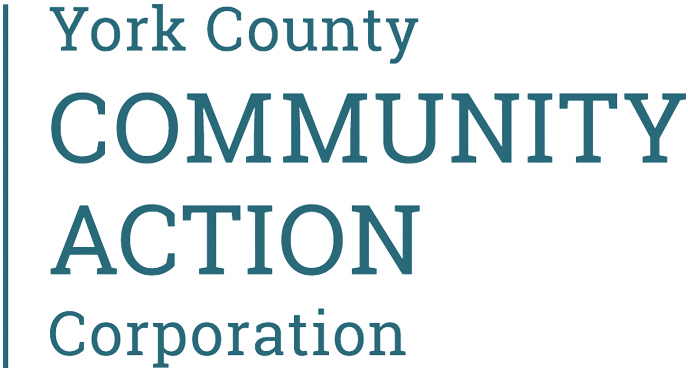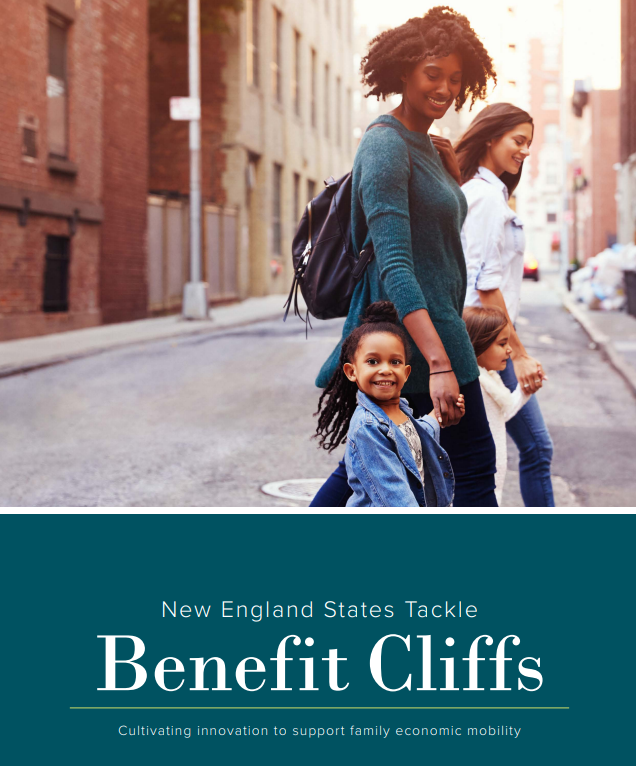Years after completing the John T. Gorman Fellowship, three former participants discuss the impact it has had on their work
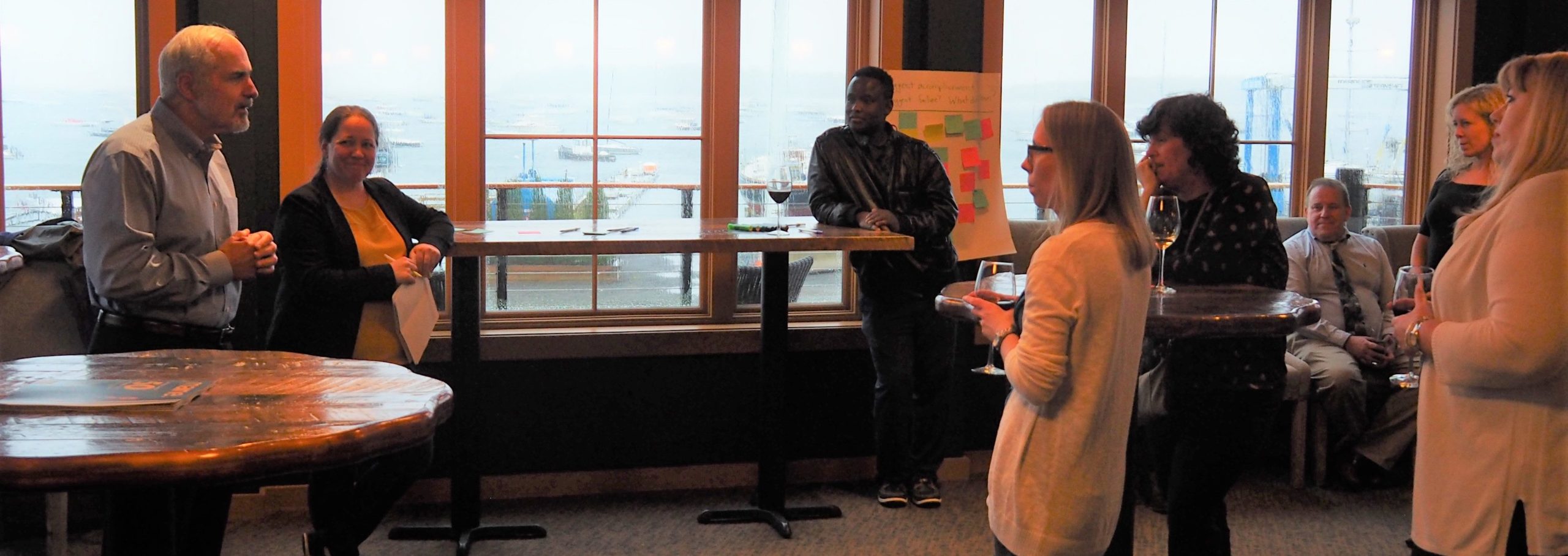
From its start four years ago, the intent of the John T. Gorman Fellowship has been to make a lasting impact not only on its participants, but also on the organizations and systems in which they work.
Using a model called Results Based Leadership, participants come to the Fellowship with a population-level result they want to achieve in their work–such as “All Maine children can read proficiently by third grade”—as well as baseline data and other statistical indicators needed to track progress toward that result. Through the Fellowship, they not only learn to develop and assess their own strategies to move those indicators in the right direction, but to align the contributions of others to work toward the same goals.
In other words, the Fellowship is meant to help leaders recognize and act on the reality that making a real difference requires getting their organizations and systems — and others with a stake in achieving a particular result — to row in the same direction. To lead such a shift is very challenging. It takes time, persistence, and the right kind of leadership skills. But, when this alignment of effort does take place, great things are possible.
No one can attest to both the challenges and successes of this work better than the Fellows who are now applying what they learned during the Fellowship. At a recent gathering of all three cohorts—2015, 2017, and 2019—former Fellows Kara Hay, Colin O’Neill, and Robyn Merrill offered their reflections on three questions:
- What was your “result” and was it achieved?
- What part of results-based learning has helped you most?
- What has been your biggest accomplishment and challenge since the Fellowship?
Here’s what they had to say (lightly edited for clarity and brevity).
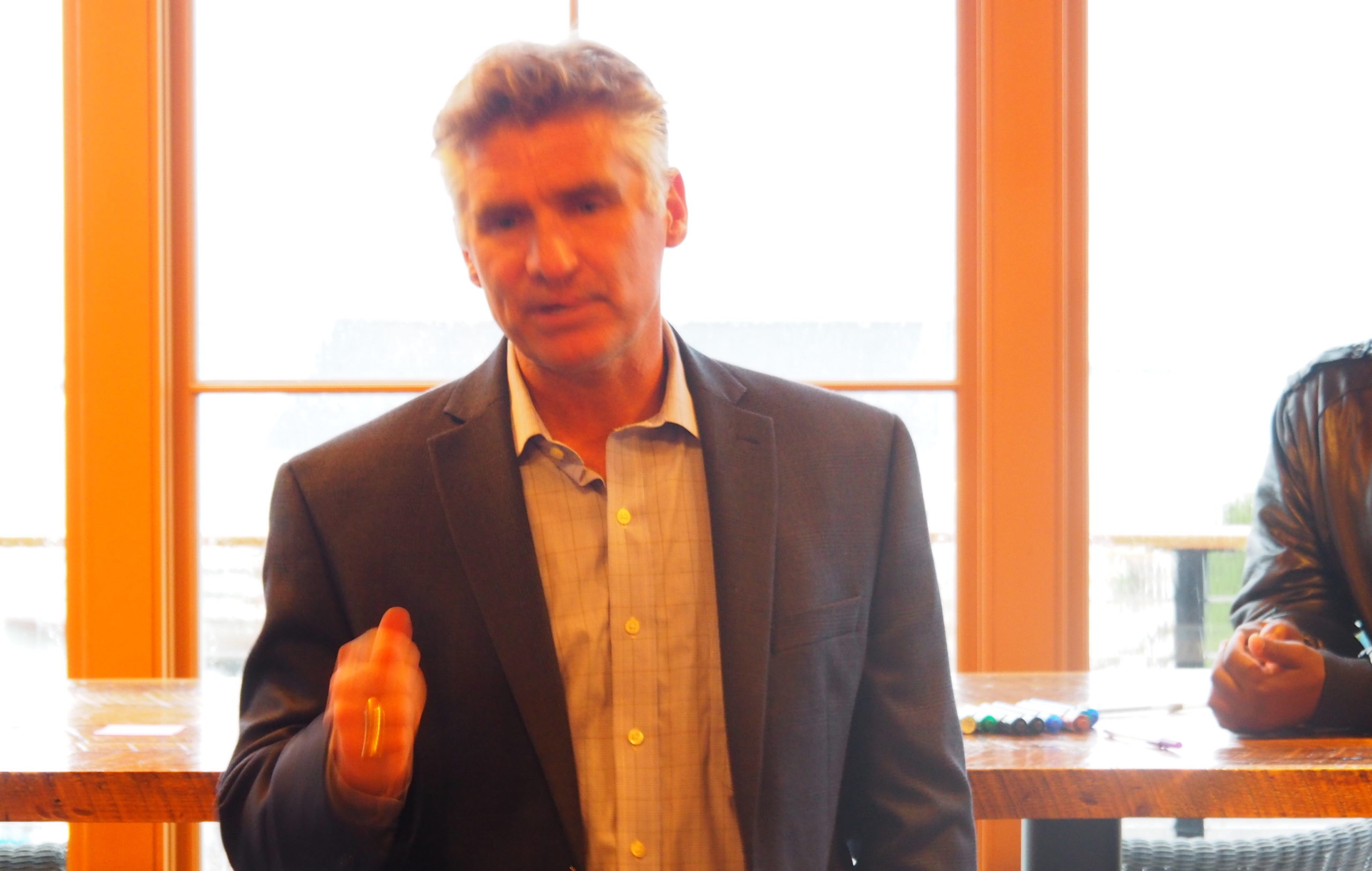
Colin O’Neill, 2015 Fellow and Associate Commissioner, Maine Department of Corrections
One of my targets was to reduce the number of youth in secure confinement by 50%. We reached that goal. However, another target was to ensure that youth who “touch” the system are better off (educationally, vocationally, emotionally, socially), which we are working toward.
What continues to emerge for me is the use of data. Data is at the center of all we do. There is no way to make a measurable difference in the lives of Mainers if you are not measuring your outcomes. With every new initiative or strategy I employ, I ask my team, ‘How will we know if it’s working and making a difference?’
The most challenging concept or skill to operationalize is aligning my systems contributions with other systems. It is really difficult to reach out to bridge with other systems you don’t have any control over.
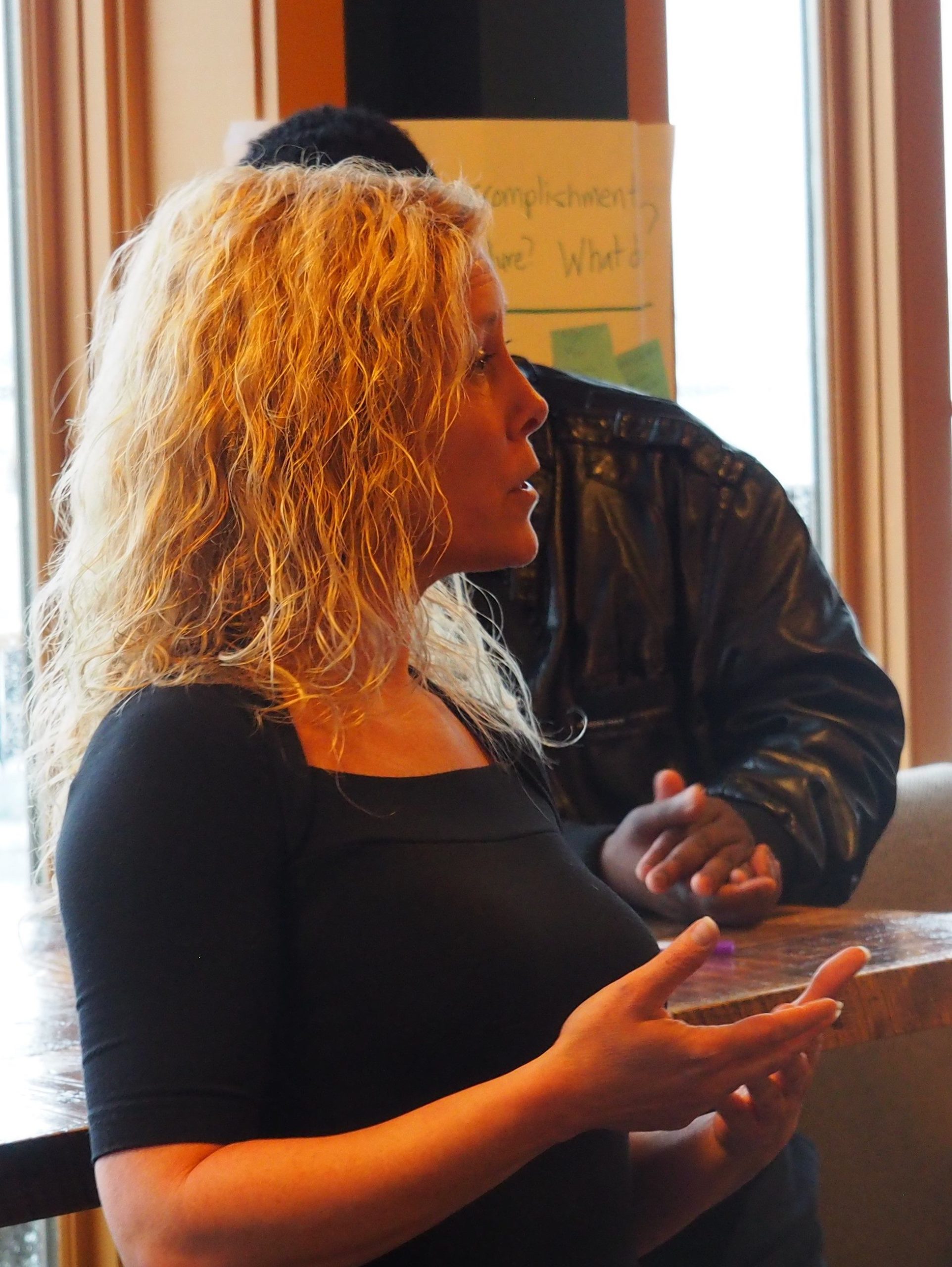
Kara Hay, 2015 Fellow and Chief Executive Officer, Penquis
My result was that all Mainers are safe, connected, healthy, and financially secure. While the result has not been met, there has been positive trending in some of our key indicators.
For me, the most useful results-based learning was intentionally connecting people, both internally and externally, to the results we are trying to achieve, getting them to lift their heads from day-to-day programs and then helping them connect to how the work fits together and what we can achieve if aligned and strategic. Lastly, ensuring concrete and bold action commitments.
How we approach our work has changed. From our community needs assessment to the programmatic and partnership opportunities we pursue, we do so with the frame of our result and indicators in mind. It has shaped our conversations and how we engage in the work. With this, our market position, our overall voice and our agency has changed and grown exponentially. I have learned that people are eager to create change together. They are hungry for someone to lead with this results-frame in mind.
The biggest challenge is aligning all of our work, and also the work of key partners and stakeholders, into the result we are trying to achieve. I have learned that simply educating staff about RBA (results-based accountability), what it is and why it matters with constant operational challenges and staff turnover is incredibly challenging, not to mention the efforts to align 60 programs and 650 staff in Penquis in addition to community partners.
Robyn Merrill, 2017 Fellow and Executive Director, Maine Equal Justice Partners
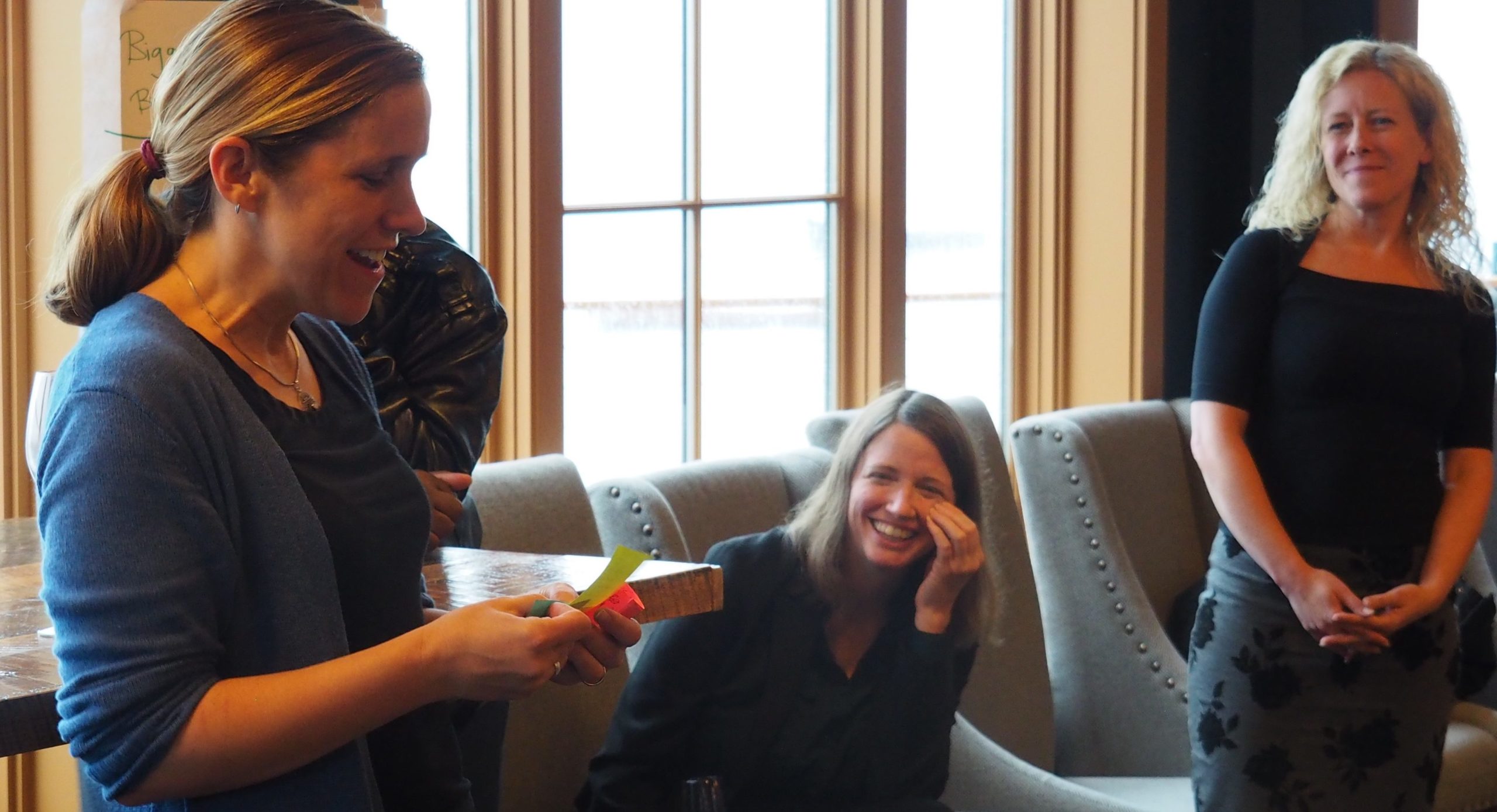
My result was for all Maine children to be economically secure. Over the last three years, we have worked with others to take significant steps toward meeting this result. In 2017, we successfully advanced policy changes that will lift over 2,500 children out of deep poverty and increase the annual average income for families with children in the lowest income quintile. In 2018, we created a new program, HOPE, that will provide educational and training opportunity for 500 low-income families with children. This year in 2019, we made policy changes that will lift well over 3,000 children and their families out of poverty, creating employment opportunity and supporting the good work of other non-profits working in alignment toward these shared results through increased public funding.
The Fellowship has helped me become more disciplined when it comes to digging into the data and ensuring that the work we do will have a significant and measurable impact – and that we will actually be measuring it. Guided by the data, many organizations have come together to work in alignment toward the shared result of increasing economic security and opportunity for kids and families.
The Fellowship has helped guide our Invest in Tomorrow initiative, which is a shared effort of many organizations that have come together to work together toward this shared result. This year, we successfully advanced a bipartisan bill package that reflects the thinking of community members, stakeholders and experts all over the state. This effort will lift thousands of kids out of poverty and will increase educational opportunity for their parents and reduce the “benefits cliff” that makes it hard for many parents to successfully transition into employment.
The only way we can tackle big problems like poverty is by coming together across sectors to work together toward shared results. This takes time and patience. I have learned that it is easy to underestimate the time it takes to create alignment among groups to get things accomplished. This work takes time and dedication, because so much of this work is about building trust and relationships.
To learn more about the John T. Gorman Fellowship, go here.

